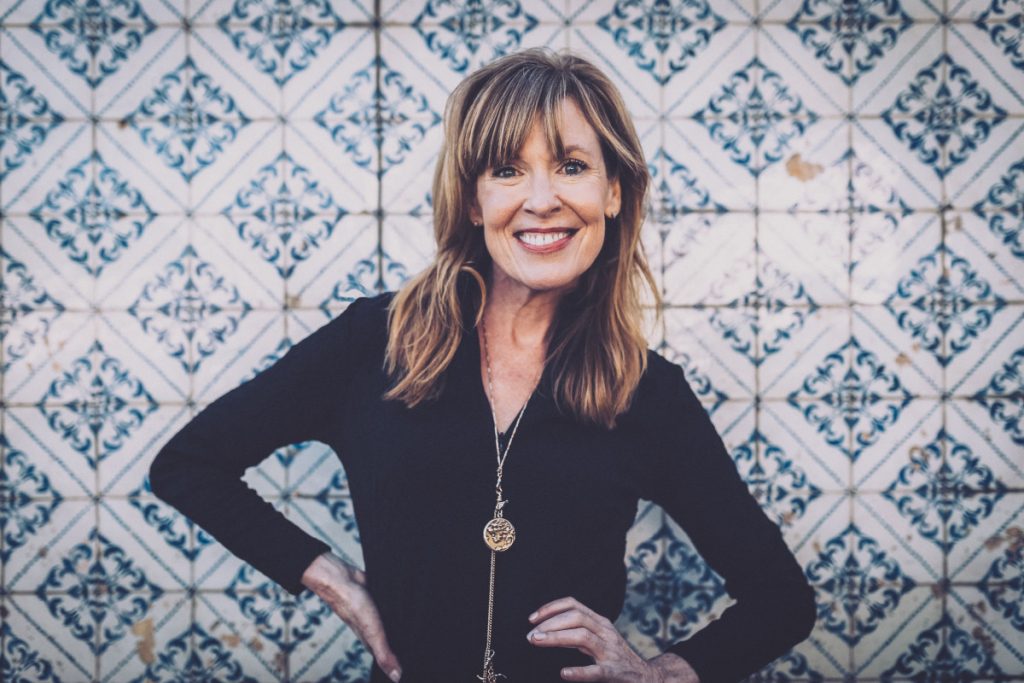
Deborah Trefts
Staff writer
Children’s book author Kate Klise believes books for young readers can tackle tough topics just as well as books for adults.
“The fact that book bans are still alive and well speaks to the power of children’s books,” she said. “We might talk a little about book bans, but I want to focus more on all the good things that happen when children read for pleasure.”
Written by Klise, a former People magazine correspondent, and illustrated by her sister, M. Sarah Klise, their latest book addresses the topic wrapped in a school mystery.
With admirable chutzpah, Don’t Check Out This Book! tells Klise’s tale in a way meant to grab and hold children’s attention through multiple readings. So far, it has been honored as a Junior Library Guild Gold Standard Selection (2020), and included on the Virginia Reader’s Choice Award List (2022-2023).
At 9:15 a.m. on Tuesday at the Chautauqua Women’s Club, as part of CWC’s Chautauqua Speaks series, Klise will present a “lively workshop” on turning an idea into a book, titled “Once Upon A Children’s Book.”
Klise, who is also a novel writer and has served as a writer-in-residence at the Chautauqua Writers’ Center, has plenty to say to aspiring authors of genres for all ages.
Klise said she will share her favorite tips and tricks, answer questions about publishing in today’s complicated market and talk about why children’s books matter.
The Klise sisters’ debut children’s book, Regarding the Fountain: A Tale, in Letters, of Liars and Leaks, released in 1998, received 20 state awards between 2001 and 2010. In 2016, 18 years after the hardback edition was published, it was nominated for yet another state literary honor.
Moreover, it launched the duo’s multi-installment Regarding series, and inspired Klise to craft 34 additional books to date. She and Sarah collaborated on most of them.
“My books are not traditional,” Klise said, explaining that they are epistolary, or in the form of letters.
For Klise, the process of writing Regarding the Fountain and the feelings it elicited were transformative, particularly at a difficult time in her career.
“My turning point was probably a winter storm in Missouri; an ice storm,” she said. “I couldn’t get out of my driveway for a week. I had lots of water and Coke, but no food. I’d been fired from my job as a columnist (for the Sunday edition of the St. Louis Post-Dispatch), so I had no job. I’d been trying to get a job as a book writer.”
Klise said that she stayed up nights writing a book of letters, and hardly eating anything. By the end of the week, she’d lost about eight to 10 pounds, but she’d written a manuscript. She faxed it overnight to her sister in California, listening all the while to the noises the fax machine made.
“I think this might be good,” Klise said she told her sister. “I’m moved by this.”
Then again, she worried, maybe it was sleep deprivation, or the lack of food.
Sarah Klise responded positively, though, by making some sketches, and soon, they received three offers to publish it.
“When all hope is lost, we have to make art,” Klise said. “I wrote a book for my inner writer.”
Within a year of its publication, kids were turning it into plays, and some created an opera. Concerned that she might take legal action, a school lawyer contacted her.
“Really,” Klise said, “a children’s book author is not going to sue schools.”
In fact, she said she visits a lot of schools, and afterwards, parents comment that their kids are writing books. As it happens, that’s what Klise and her sister did when they were children. And sometimes they gave their homemade books to their other siblings as gifts.
For Klise, writing “books that kids like to read and that make kids read other books” is important.
Convinced that being a reader means never being bored, she said she wants “kids to be joyful readers.”
“I sometimes wish doctors could prescribe library cards to kids with anxiety and depression rather than pharmaceuticals,” she said, “not because I’m anti-medication, but just because the science is clear that reading for pleasure conveys so many benefits with no negative side effects.”
Having taught writing workshops in places such as federal prisons and elementary schools around the world, Klise said she always uses the same approach: “Everyone has a story to tell and everyone’s story is worth telling.”




